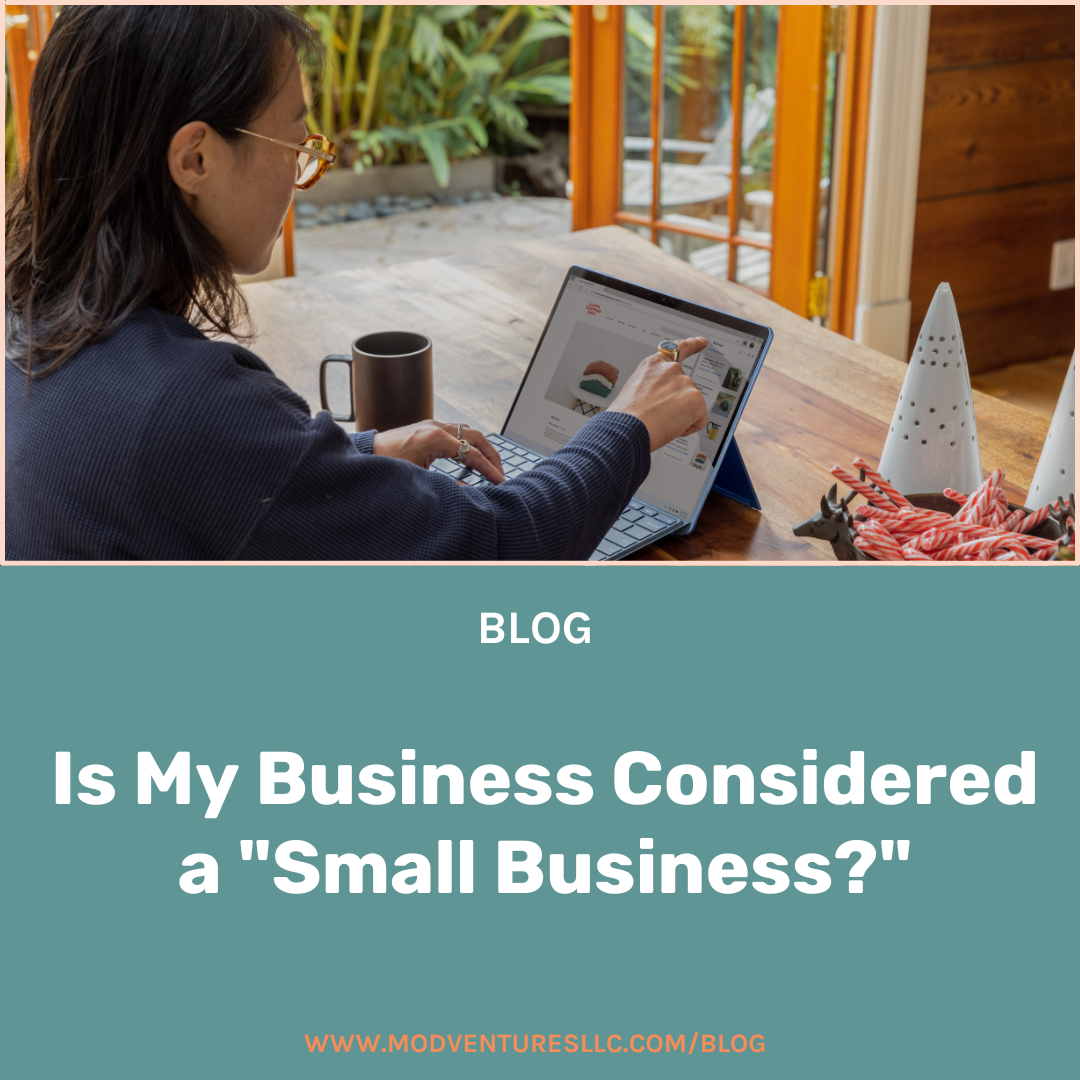Calling your business a “small business” can sometimes feel counterproductive considering how much your business has grown from when you initially started. But, when does your business actually outgrow the label of “small business?” What is a small business considered?
Depending on how large or small your business is, you may ask yourself “is my business considered a small business?” Here are some things you need to know about if your business is defined as a small business and what goes into determining if a business is a small business:
What is a Small Business?
A small business is defined by the U.S. Small Business Administration (SBA) as a business that has a revenue ranging from $1 million to $40 million and with 100 to over 1,500 employees. It also depends on your industry, revenue, and employment.
There are approximately 33.2 million small businesses in the U.S. which make up almost 99.9% of all American businesses according to the SBA. Some businesses that you think of as “big names” may actually be considered small businesses thanks to being locally operated.
Just as a fun fact, over the course of 2021 and 2022, there were more small businesses created than ever! There were approximately5 million businesses started in 2022.
What Are the Benefits of Being a Small Business?
Large businesses are great and all, but there are quite a few benefits to being and running a small business. First, there is more flexibility in decision-making and operations – while big businesses benefit and are pressured to focus on consistency, small businesses can customize their approach as needed.
You’re also able to really connect with and focus on your customers and clients, offering a higher-level experience than large corporations. You can offer new services and products that suit your customers and not just your bottom line.
Lastly, financially, the way you run your business’s backend and file taxes is much different considering that most large businesses are classified differently than small businesses. Most small businesses can remain an LLC, unlike their larger counterparts.
How to Capitalize on Your Small Business
While your end goal shouldn’t be to outgrow the “small business” title, business growth should definitely be on your list. You can capitalize on being a small business by using your size and skill to your advantage rather than seeing it as a disability. For example, take the extra step for personalized care for your clients, navigate your budget to invest in what benefits your business the most, and analyze your competitors to narrow in on their weaknesses to set yourself apart.
Lastly, don’t make the mistake of going too far without the necessary support. Monitor your budget smartly – if you’re investing in marketing, check their results and reputation. Or, if you’re looking for guidance and financial advice, invest in a CAS(Client Advisory Service) for personalized, adaptable assistance.
Ready to take the next step in your business? Connect with ModVenturesLLC today and organize your financial backend and scale your business beyond expectations.
You May Also Love
CLOSE






